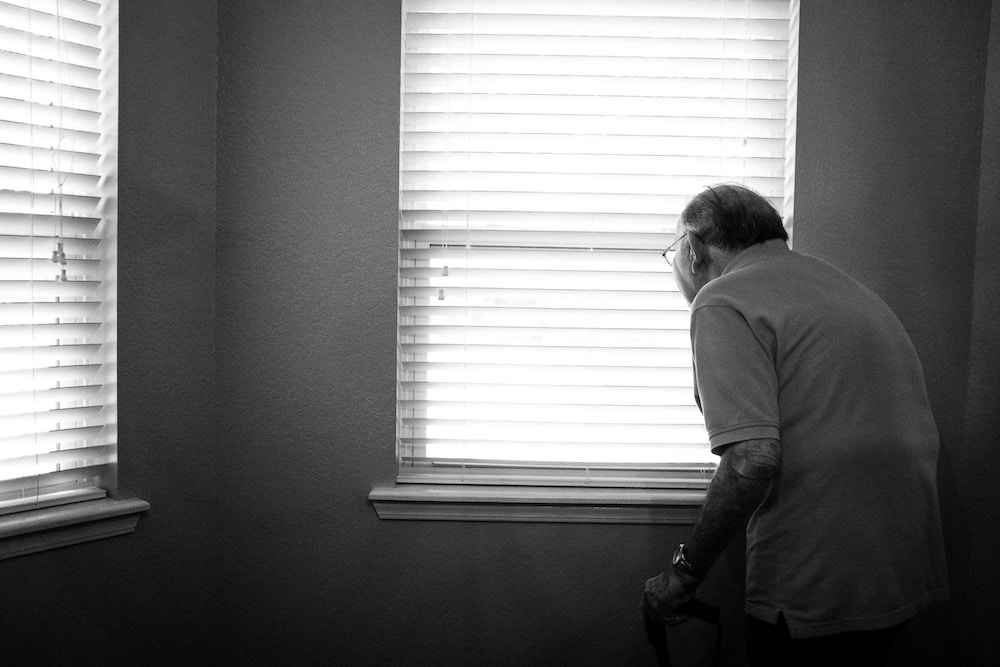
Since 2012, the Society for Academic Primary Care has run a competition at their Annual Conference called the Dangerous Idea Soapbox. The soapbox offers primary care clinicians and researchers a platform to share a dangerous idea that they think needs to be heard by the Academic Primary Care community. Submissions are judged prior to acceptance based on how challenging and cutting edge they are. Those chosen are presented through lightning pitches (2 minutes, 1 slide) in the Soapbox session, after which the audience can debate the ideas presented with the speakers before a final vote to decide that year’s most dangerous idea.
In 2015, I presented my idea that “Health research should be crowd funded through Kickstarter”, inspired by conversations with patients and members of the public involved in research, to challenge the audience with the idea that publicly funded research should have public backing before we’re allowed to get our hands on the money.
Kickstarter is a crowdfunding platform. You don’t have a product available which people choose and you then sell, like you would in a shop. Instead, you ask for investment up front from potential ‘backers’ and if you don’t get enough promised custom then your product does not get made. You have to make a pitch, which outlines what you intend to produce, convince people to invest in you, and you have to get the necessary number of backers within a time limit.
What if, after passing peer review, rather than being given the funds for your research, you had to make a pitch on a platform like this? What if we had to ask patients to commit to our project and only if we got enough support would the funds be released? Patients after all, as taxpayers, are paying for this research and this would give them an explicit vote with their cash
This idea is actually very consistent with current policy and with the current philosophy funders claim to have, which claims a patient driven research agenda, supporting research that reflects patient priorities, and conducting research that engages patients. So let’s put our money where our mouth is and give patients the purse strings.
Yet, despite this being a natural evolution of our claimed approach, most people I’ve mentioned it to have thought this was crazy or it sent them into palpitations – and that’s why this is a genuinely dangerous idea. This idea provokes some difficult thinking. It forces us to ask whether we really want patient-driven research – and if not, why not? Do we not trust them with the money, because we don’t trust the public to know what research is needed? Or do we not trust ourselves to communicate to the public what research is needed and justify why our studies should go ahead?
It’s also dangerous because it would carry genuine risk. If you don’t do a convincing pitch and win over sufficient patient backers, you don’t get access to the funds. But there’s a motto that’s used in Silicon Valley that I think is apt here – Fail Faster. Maybe if you can’t drum up support in advance, you need to stop and reconsider your research plans. Think about the 45% of publicly funded trials which fail to meet recruitment targets once they’re up, running, and spending public money.
This kind of patient supported research might actually help with exactly those problems of recruitment and retention. Think of platforms run by and with patients, such as PatientsLikeMe. Patients choose what they want to research, and the site has 250,000 ‘data donors’ engaged and participating in studies – how many trials can claim the same? This model would therefore not only bring to life the idea of ‘patient driven research’, it could herald a new way of working with patients, for patients, sharing ideas and sharing responsibility, with their commitment to help us see research through.
The SAPC (@sapcacuk) will be holding their 45th annual scientific meeting on the 6-8th July 2016 at Dublin Castle.








